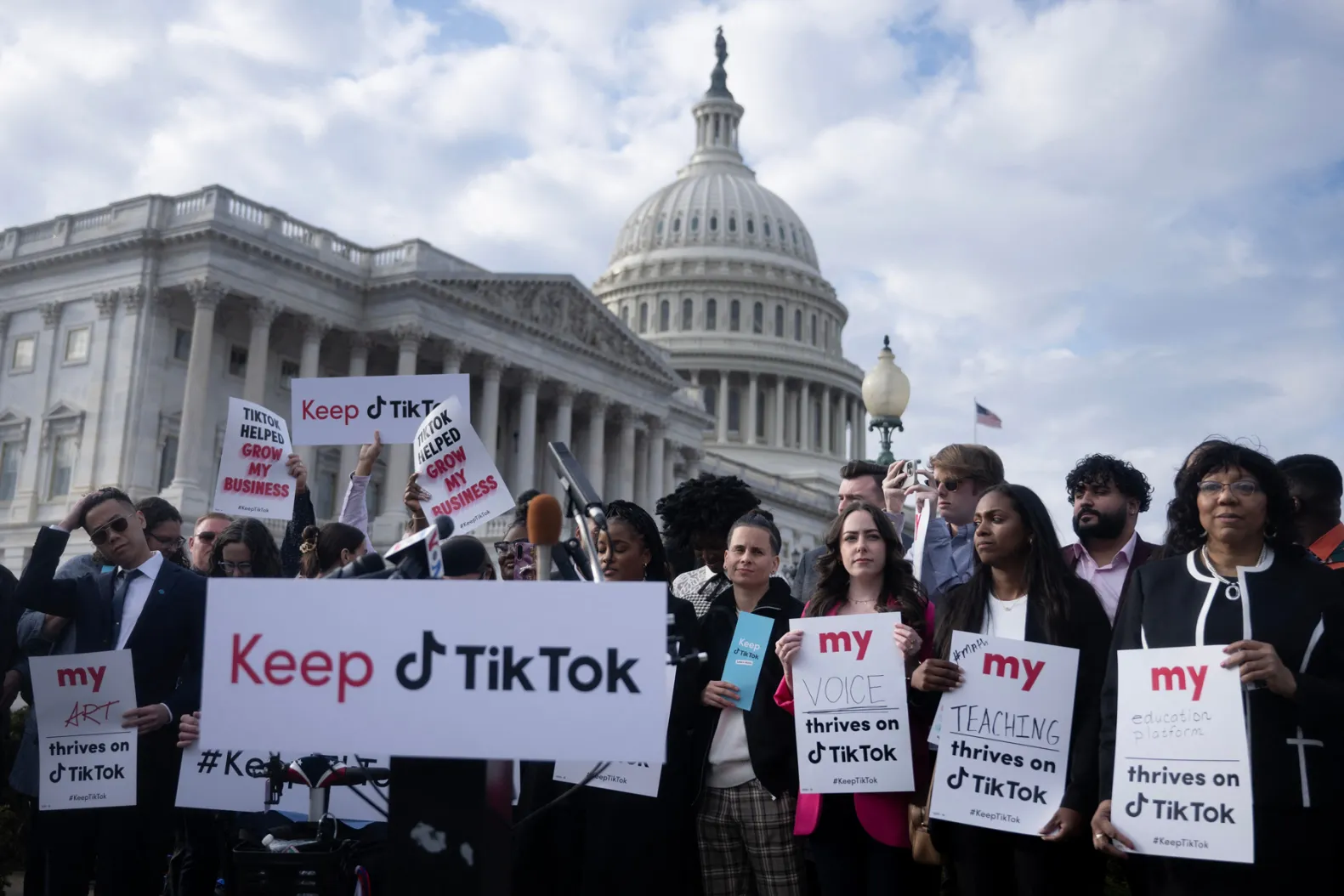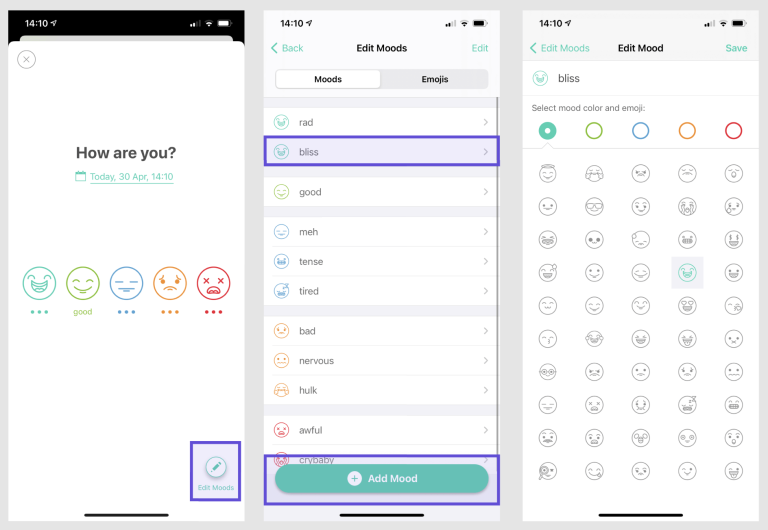A TikTok Ban is looming over the US. The reason? Same as every other nation.
Security and Privacy Concerns of the China-backed app!
The US government’s major concern about TikTok ban is because of its ownership by a Chinese company called ByteDance.
Critics argue that the platform poses a national security fraud, claiming that the Chinese government could access American user data through ByteDance.
Despite TikTok’s ongoing denial of said allegations and assurance it does everything in its power to protect user data, tensions between the US and China have provided common ground for fears of the abuse of this app.
3 Main Concerns of TikTok ban
1. Inadequate Data Protection
TikTok’s possibility to collect sensitive information about users, such as location and browsing habits, alarms users. Critics believe that such data could be used for surveillance activities or influence campaigns.
2. Exponential Risks
There are fears among lawmakers regarding the platform being used to distribute misinformation or pro-China narratives that could influence public opinion and democracy.
3. Pattern of Chinese Tech Policies
China’s strict internet regulations present challenges to companies since they compel compliance with government requests, further justifying concerns about potential obligations for ByteDance.
Steps toward the Ban
The US government has taken different actions over the years to address concerns about TikTok, culminating in talks about a nationwide TikTok ban
Attempt Under the Trump Administration
In 2020, then-President Donald Trump made executive orders with the aim of banning TikTok unless its US operations were sold to an American company. However, legal challenges hindered the attempt and federal courts struck it down.
Biden Administration’s Review
Under Biden, the focus shifted to drawing wide reviews of foreign-owned apps and what risks they posed for national security, with particular attention on TikTok.
Legislative Actions
Recently, somewhat bipartisan support in Congress intensified the push toward a more serious regulation or outright TikTok ban, considering the unresolved threats that the company poses.
State-Level Bans
Various US states have famously banned TikTok on government devices, of late reflecting some unease about its being present in sensitive environments.
Criminal Defense of TikTok & steps taken by Tiktok
TikTok shall fight hard against all allegations, noting that the ban is more political than based on hard evidence.
Data Localization
TikTok proposes storing US user data in the US through partnerships with US companies like Oracle to curb foreign access.
Transparency Efforts
The company has set up transparency centers to allow inspections of its content moderation and data security processes.
Outreach to Lawmakers
TikTok’s CEO, Shou Zi Chew, testified before Congress, answering questions about the app and insisting on the app’s priority towards user safety and privacy.
Yet, despite these actions, American lawmakers remain wary.
Broader implications of a ban
A TikTok ban in the US would have wide-ranging consequences for various stakeholders, from individual users to global tech companies.
Impact on Users
Being massively popular primarily among Gen Z, TikTok has turned into a platform for artistic self-expression, entertainment and social interaction. The TikTok ban can cut them off from the millions of such creative channels used for connection and income.
Some creators and small businesses, leveraging TikTok as a means to market and engage with their audience, could take a massive hit, forcing them to switch to an alternative platform.
Impact on the Economy
A ban could interrupt TikTok’s operations in the US, resulting in job losses and loss of income.
The moves could additionally discourage foreign investment in US technology as companies may variously be targeted by geopolitical tensions.
Concerning Free Speech
Critics argue that banning TikTok would violate the First Amendment rights of users as it curtails freedom of expression and conversation.
The controversy does, however, call into question the role of the government in the governance of the digital space, walking the tightrope of security and civil liberties.
Alternative solutions to the TikTok ban
Tighter governance
Instituting strict and responsible data protection oversight over all platforms regardless of ownership.
Independent audits
Carrying out periodic audits of TikTok’s behavior and data practices by a third party.
Corporate reformation
Forcing ByteDance to sell TikTok’s US business to an American company.
The possible TikTok ban in the US symbolizes far more than a policy decision, it’s a testament to the challenges of how to govern technology in a geopolitically divided world. The data privacy and national security concerns may be justified, yet a remedy to eliminate these risks should also take into account the cultural value of the app, as well as the broader consequences of such an act.
While this debate carries on, it serves as a wake-up call for governments, corporations, and users alike in navigating the tension of technology, security, and freedom in this digital age.
Let us know your views on this proposal for the TikTok ban in the US in the comments sections.






